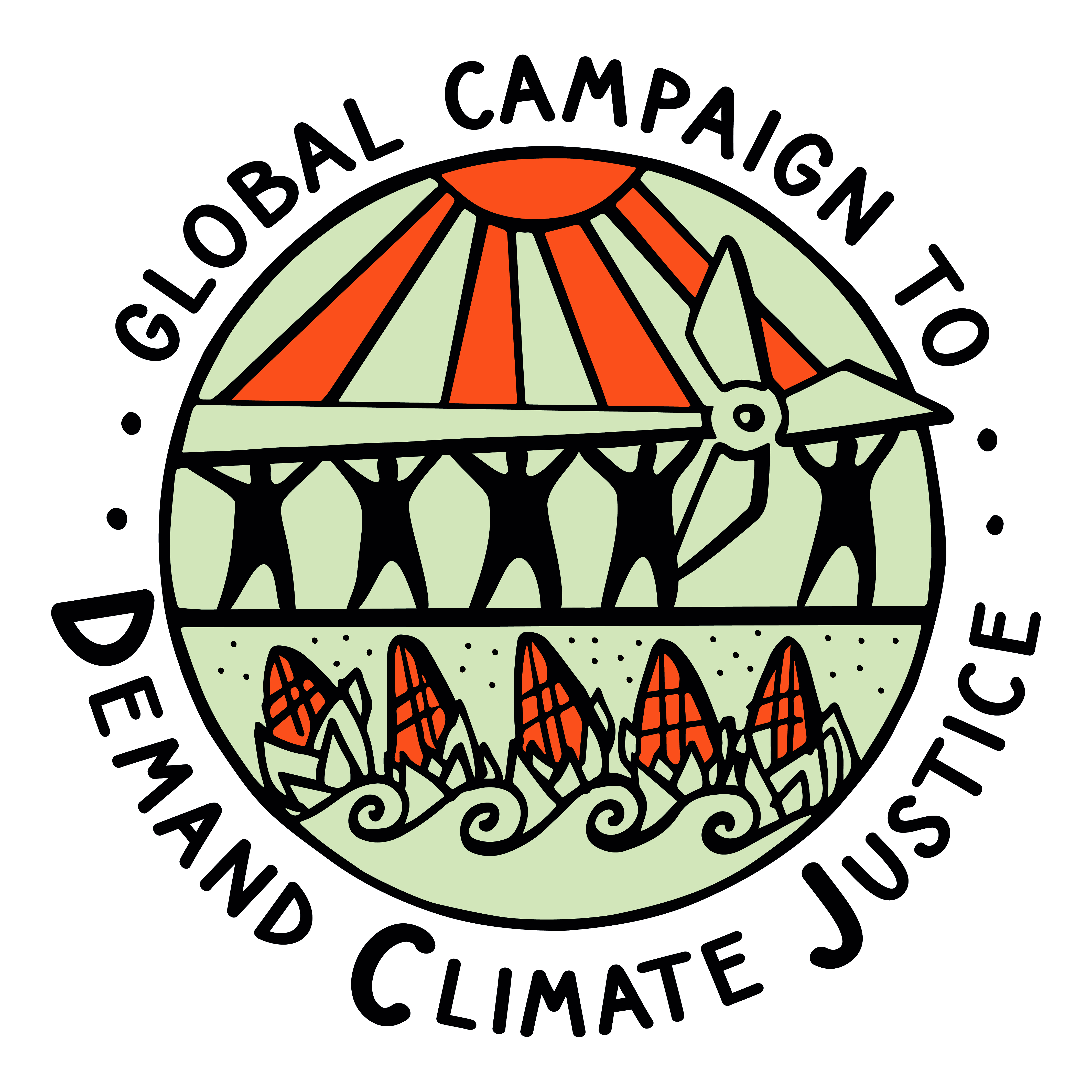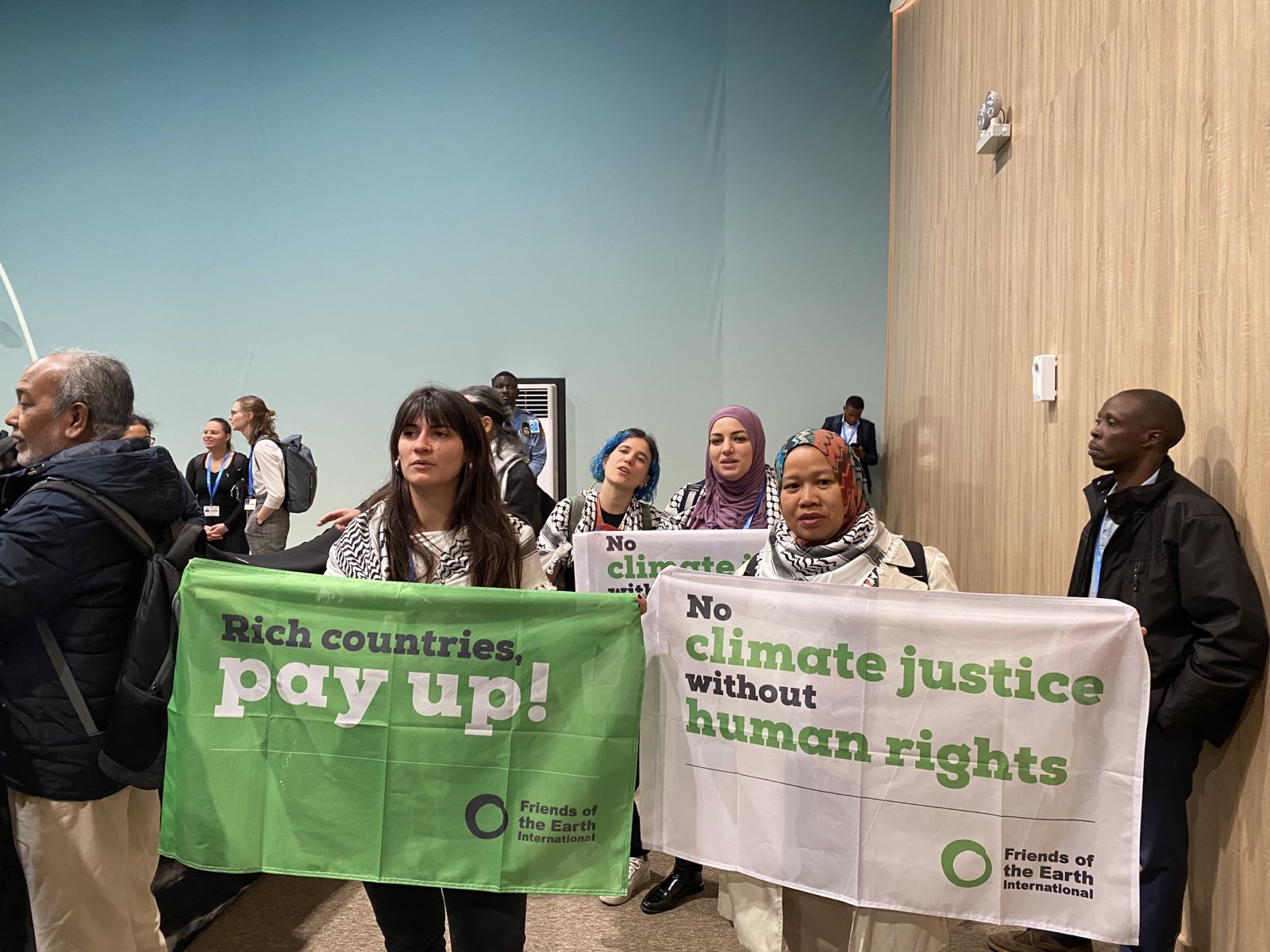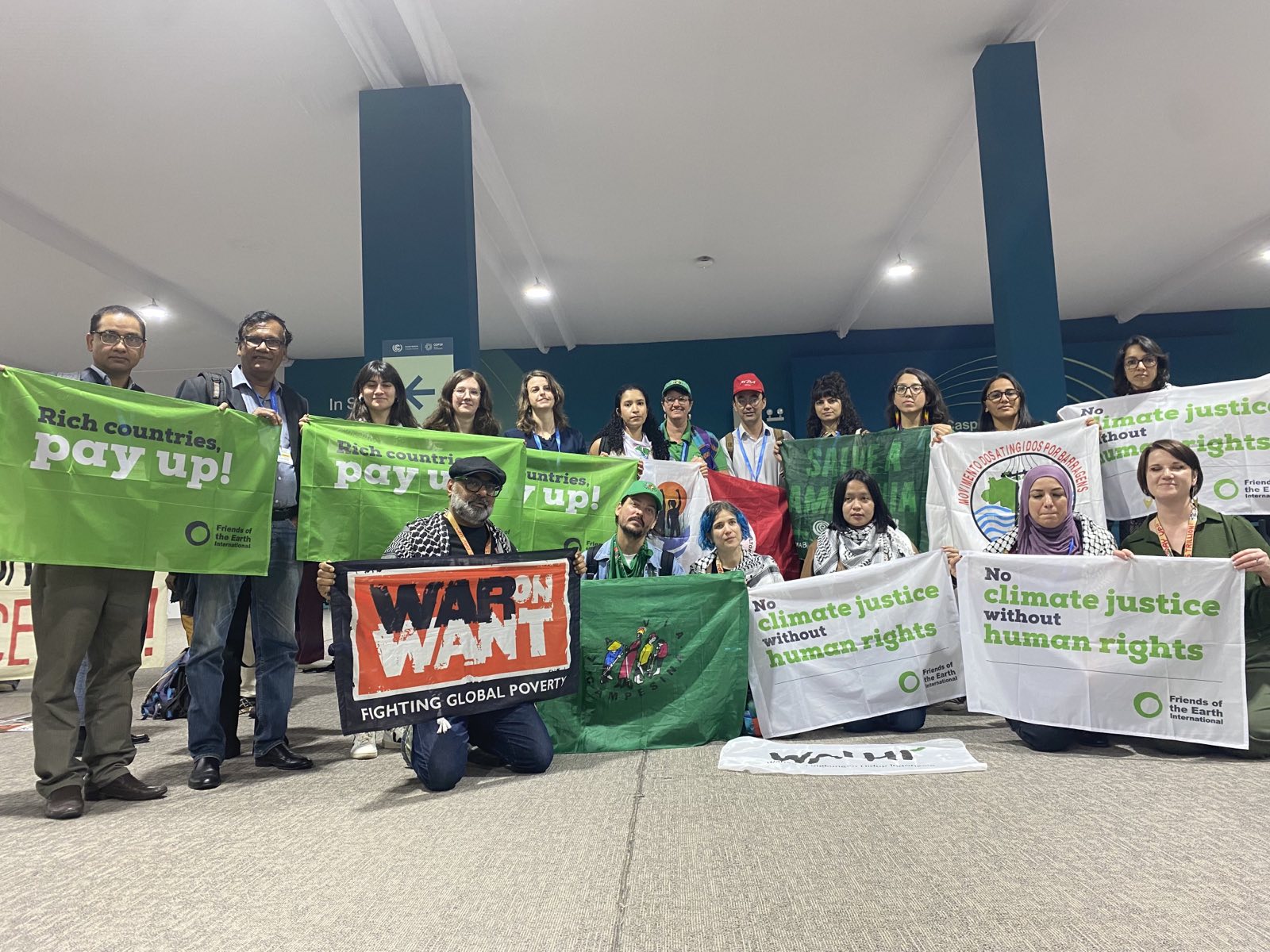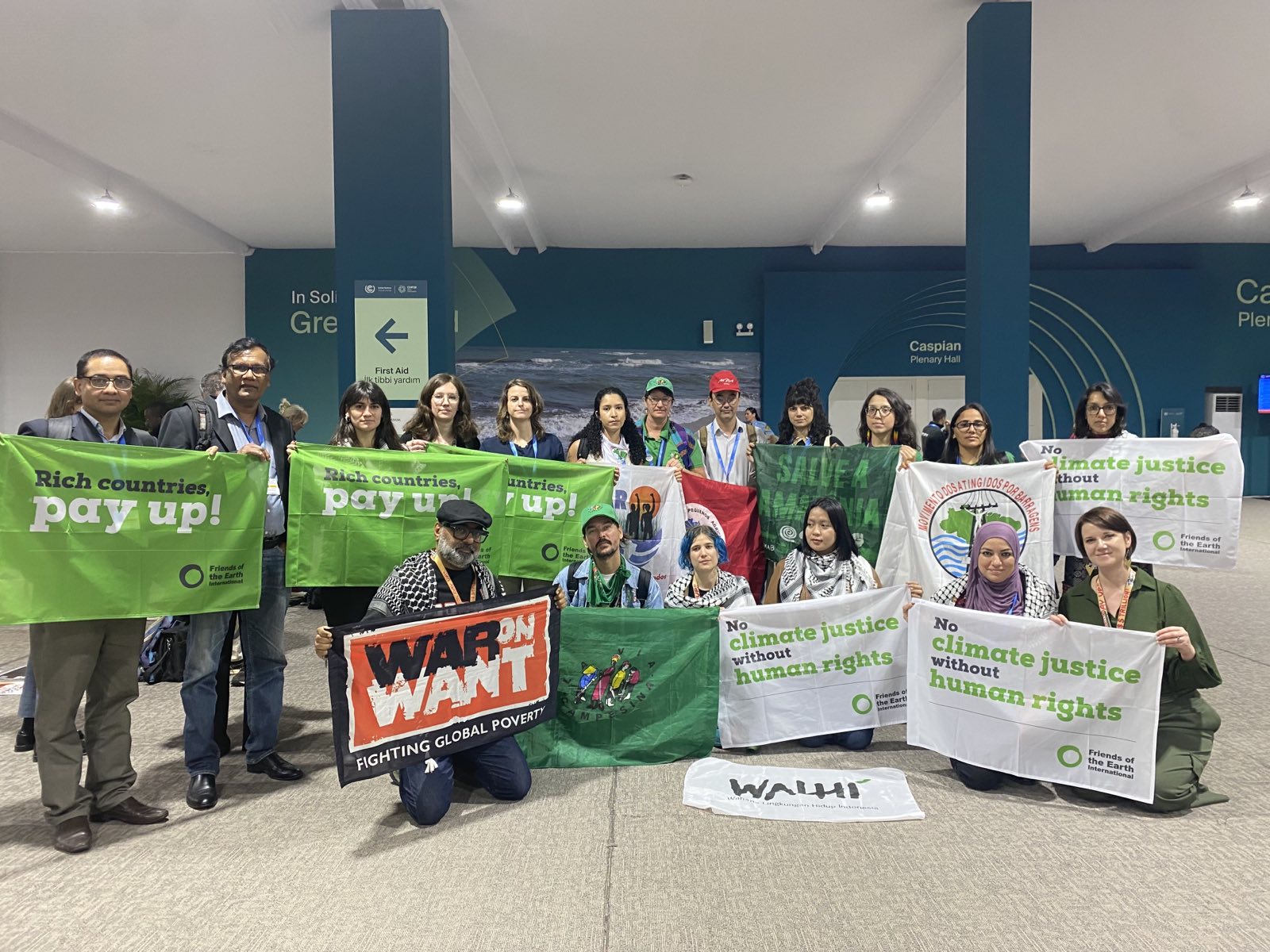IPCC Report Needs to be Wake Up Call for World Leaders: No More False Solutions
*Urgent need for system change through just and equitable transition*
18 March 2023
Interlaken, Switzerland
Nearly 200 countries are currently deliberating on the Intergovernmental Panel on Climate Change (IPCC)’s Synthesis Report for the Sixth Assessment cycle. The past six reports by the IPCC have forced a reckoning on the world and its leaders for immediate and transformative action to drastically reduce greenhouse gas emissions and urgently set the world on path for just and equitable transition.
The Synthesis Report and IPCC’s ‘Summary for Policymakers’ is a crucial document set to impact this year’s global stocktake of the 2015 Paris Agreement that set the life-saving limit of keeping global temperature rise well below 1.5 degrees. It is time for rich countries to own their historical responsibility for the high emissions that have led the world to the current crisis.
“Just look at the full report. The science and urgency will be unequivocal and deeply disturbing. It will paint a clear picture of what is needed – a swift and just transition to renewables. Fossil fuels need to stay in the ground. Emissions need to be rapidly cut to Real Zero. But the summary for policymakers will likely, as usual, read as though we are living on another planet. The fingerprints of major polluters will be all over the recommendations for action,” said Nathalie Rengifo Alvarez, Latin America Climate Campaign Director, Corporate Accountability, a member organization of Global Campaign to Demand Climate Justice (DCJ).
Climate justice and human rights movements, scientists and academicians around the world have been advocating for climate action for decades, yet the world leaders have been more focussed on listening to fossil fuel lobbyists or pushing profit driven speculative technologies and technofixes.
Hemantha Withanage, chair of Friends of the Earth International, a DCJ member organization, said, “In my country, Sri Lanka, the impacts of climate change are being felt now. We have no time to chase fairy tales of sucking carbon out of the air later, we need to reduce carbon emissions now. We hope that the forthcoming IPCC report will rightly call for a rapid and equitable transition away from fossil fuels, and the need for finance to make it happen. Overshooting the 1.5 degree guardrail will lead to climate chaos, and we fear that reliance on carbon removal technologies will only embolden big polluters to keep emitting as usual.”
“The very low ambition and even lower delivery of commitments to climate action is evident of the great injustice at the heart of the climate crisis. We are being led down a path of extended life for fossil fuel systems with the push for Gas as transition fuel, and Carbon Capture and Storage, Hydrogen and Ammonia technologies as part of solutions. We reject these false solutions being peddled by wealthy countries,” shared Lidy Nacpil, Coordinator, Asian Peoples Movement on Debt and Development (APMDD), a DCJ member organization.
The past IPCC reports have confirmed that the impacts of climate change are already being felt
around the world, with devastating consequences for ecosystems, human health, and livelihoods. The world is already experiencing more frequent and severe weather events such as floods, droughts, and heatwaves.These events are causing widespread damage to infrastructure and economic activity, leading to food and water scarcity, displacement, and even loss of life, mostly in the Global South. Nearly 3.5 billion people globally are already vulnerable to climate change and more are likely to be pushed into this situation.
“The IPCC data is clear that the developed countries have a historical responsibility for their high emissions since the industrial revolution and have overused the carbon budget required to limit temperature rise to 1.5 degrees. They have and continue to undermine equitable access to the carbon budget. Hence, developed countries should own up to this historical responsibility and deliver on the large amount of climate finance needed to developing countries to enable the just transition pathway to a low carbon future, undertake adaptation actions and address loss and damage, as recognised in the IPCC underlying working group reports,” said Meena Raman, Head of Programmes, Third World Network (TWN), a DCJ member organization.
As the world continues to head on to a path of devastation, urgent, real, and decisive action is the only solution to achieve a just and equitable transition. Lidy Nacpil added, “Big polluters have an obligation to deliver a rapid, just and equitable transition directly to 100% renewable energy and provide adequate non-debt creating climate finance for the Global South as part of reparations for climate debt.” Meena Raman emphasized that developed countries must not be allowed to water-down their lack of fulfillment of the finance delivery in the Synthesis Report or to shift the responsibilities onto developing countries. “The disconnect is intolerable and needs to be remedied by an immediate reset of the system that brought us here and by kicking big polluters out of climate policy,” Nathalie Rengifo Alvarez.
ENDS
About Global Campaign to Demand Climate Justice (DCJ)
Global Campaign to Demand Climate Justice is a network of over 200 networks and organizations working globally, regionally, and locally on climate justice. Collectively we represent millions of climate activists on the ground.
Our members are available for comments and interviews in different languages. Please contact Rachitaa at [email protected] to arrange interviews.
Additional Quotes from members of Global Campaign to Demand Climate Justice






